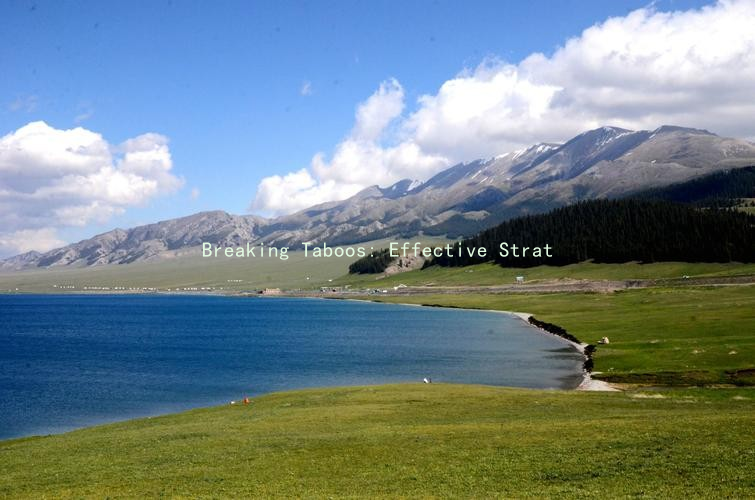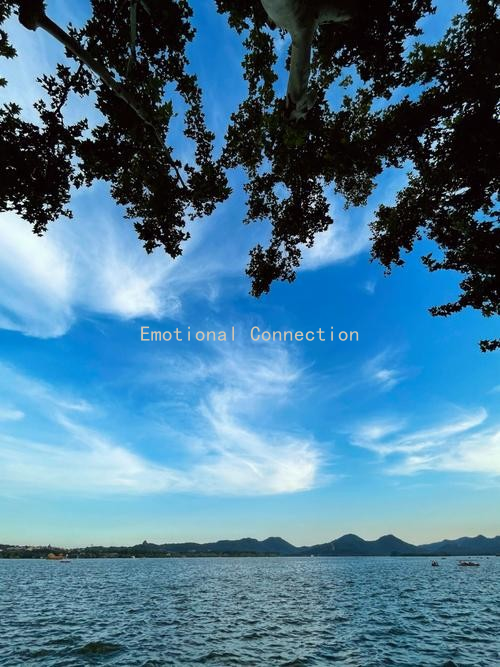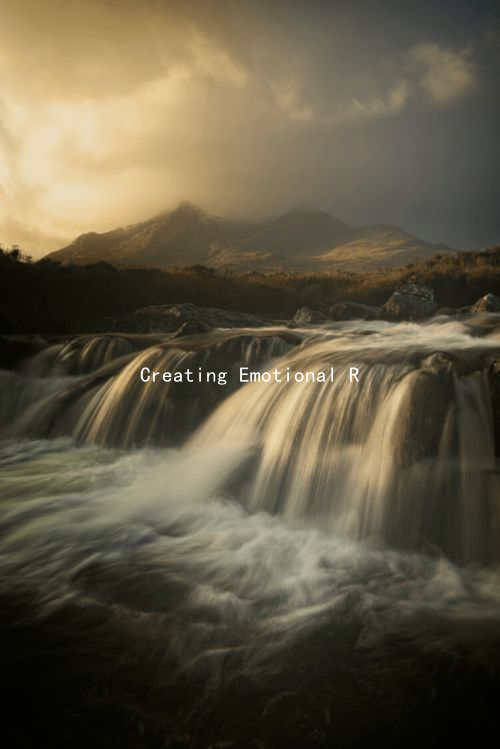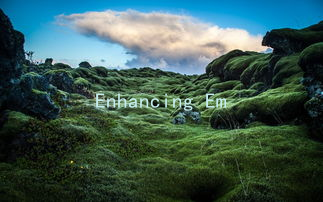Historical Perspectives on Romance: Techniques for Modern Relationships
Historical Perspectives on Romance: Techniques for Modern Relationships
Throughout history, the art of romance has evolved dramatically, influenced by cultural shifts, social norms, and technological advancements. In our fast-paced modern world, understanding the historical context of romantic relationships can equip us with valuable techniques to nourish our connections. By exploring past practices in love and courtship, we can apply these lessons to contemporary romance, enhancing our relationships in meaningful ways.
In ancient times, romance was often dictated by familial ties and social standing. Marriages were frequently arranged, and love was seen as a byproduct of partnership rather than its foundation. However, the advent of Romanticism in the late 18th century transformed the perception of love. Romanticism emphasized individualism and emotional expression, fostering an ideal where love was celebrated as a passionate and personal journey. This shift paved the way for modern romantic relationships that prioritize emotional connection, mutual respect, and partnership.
One of the celebrated techniques from history is the art of courtly love, prevalent during the Middle Ages. Courtly love emphasized admiration, devotion, and idealization of ones partner. This ideal encourages partners to continuously express their appreciation and affection through small gestures, such as notes or tokens of love. In todays relationships, taking the time to show gratitude and admiration can reinforce emotional bonds and create a culture of appreciation.
In addition, the concept of love letters became a popular form of communication in the 17th and 18th centuries, allowing couples to express their innermost feelings and longings. Modern relationships can benefit from the revival of this practice. Writing letters or heartfelt messages, whether delivered in person or via digital platforms, helps partners articulate their thoughts and deepens their emotional intimacy. Such expressions create lasting memories and add a personal touch that can often be lost in everyday communication.

Another historical perspective can be gleaned from the traditions of storytelling in courtship. Folklore and poetry were often used to convey romantic feelings, and sharing stories was a way to connect more deeply with one another. Today, couples can harness the power of storytelling by sharing their experiences, dreams, and challenges. Engaging in deep conversations fosters empathy and understanding, allowing partners to build a strong narrative together—one that reflects their unique relationship journey.
Furthermore, the evolution of social norms has also played a crucial role in shaping modern relationships. Historically, love was often seen as subordinate to duty and obligation. However, today’s relationships are increasingly recognized for their need for equality and collaboration. Techniques such as open communication, conflict resolution, and compromising are of utmost importance. Embracing vulnerability and active listening creates a safe space where both partners feel valued and heard, laying the groundwork for a healthy partnership.
Lastly, technology has transformed how we pursue and maintain relationships. Dating apps and social media have made it easier to connect with potential partners, but they also present challenges. Historically, courtship involved a more prolonged and meaningful engagement process. Modern couples should strive to balance the convenience of technology with the depth of traditional courtship, finding time for personal interactions to foster genuine connections beyond the screens.
In conclusion, while the landscape of romance has shifted significantly, the fundamental principles of love and connection remain timeless. By reflecting on historical practices and adapting them to modern life, couples can cultivate stronger, more enduring relationships. Embracing appreciation, vulnerability, communication, and shared storytelling are essential techniques that can create a meaningful romantic experience in today’s world. Ultimately, learning from the past allows us to build a brighter, more connected future in our love lives.





